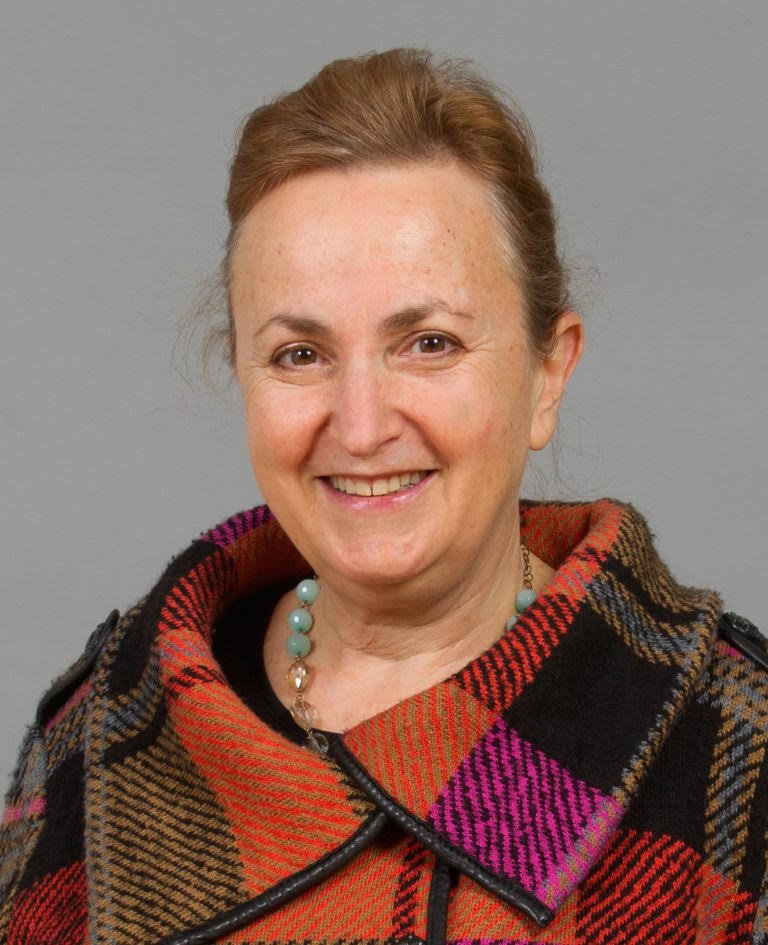Stanford University’s pioneering SPARK Translational Research Programme has unveiled plans towards finding solutions to cancers and other critical health challenges in Nigeria and the African continent in general.
SPARK Global which is set to hold its first conference in Nigeria next year also speaks about strategies to expands efforts to accelerate local solutions to health challenges in Nigeria and Africa. SPARK Global is targeting to enhance access to health in the continent.
Speaking in an exclusive interview with Africa Health Report team, Founder and Co-Director of SPARK, a Professor of Chemical and Systems Biology at Stanford, Daria Mochly-Rosen described the upcoming Nigerian engagement as a “reverse approach”, saying, “This is the first time we initiated contact with a country to start SPARK. Usually, it’s the other way around.”
Professor Mochly-Rosen emphasised that while the West prioritises infectious diseases like malaria in Africa, non-communicable diseases such as cancer, stroke, and diabetes remain major killers on the continent. “Why always focus only on malaria? People die from diabetes, stroke, and Alzheimer’s like everyone else,” she said.
She explained that SPARK’s cancer research approach aims to tailor treatment to the multiple causes of each cancer type rather than generalised toxic therapies. “Cancer will be managed better if we understand the unique properties of each type and stop treating it as one disease,” she noted, expressing optimism that science will find solutions.
Mochly-Rosen highlighted that SPARK’s model has transformed countries like Taiwan, which established over 200 biotech companies within a decade of adopting the programme. She said Nigeria, with its intellectual capital, could achieve similar feats with the right tools, training, and local ownership of research.
The upcoming conference, expected in February 2026, will bring SPARK advisors and industry leaders to Nigeria for a week-long intensive programme. “We hope to spend a big part of a week providing tools, not to do anything ourselves, but really to use local ideas that are plentiful and address unmet needs the people in Nigeria consider important,” she said.
She concluded that building local solutions remains the priority, stating, “It’s not about a lot of money but strong determination. Nigeria has people, time, and will.”



